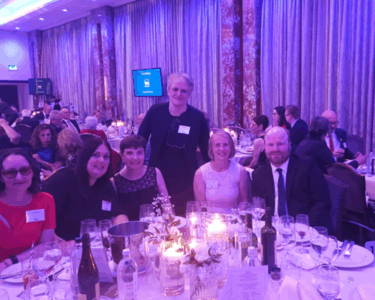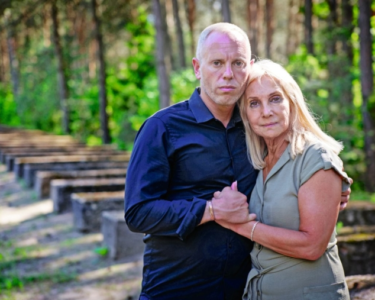Seventy years ago, the Convention on the Prevention and Punishment of the Crime of Genocide was adopted by the United Nations General Assembly as General Assembly Resolution 260.
What today could be read at first glance as a piece of technical legislation, actually marked one of the most significant moments in global affairs as the international community came together in response to the atrocities committed during the Second World War.
Indeed, it was an action that saw the global powers and great figures of history who signed it overcome their differences and aspire to make the world safer and more secure.
But behind the statesmen and diplomats, stood the humble figure of Raphael Lemkin. He was a Holocaust escapee and lawyer of Polish–Jewish descent who first coined the term ‘genocide’ and whose efforts were instrumental in getting the Genocide Convention adopted.
It was his direct experience of Nazi rule and the loss of so many relatives that convinced him that people needed to be protected from state action that targets individuals because of their faith and beliefs or ethnicity and language.
It is remarkable to reflect upon the influence and will of one individual to help consign humanity’s darkest moment to history.
Despite his achievements, Raphael Lemkin died penniless and under-appreciated – the cost of a lifetime of sacrifice and principled campaigning.
But his legacy lives on.
Organisations like the UCL Centre for Holocaust Education are carrying the torch, applying the principles by which Raphael Lemkin lived and ensuring the essential lessons of the Holocaust continue to be learnt.
Through programmes such as the inspiring Beacon Schools project, the Centre helps teachers and students alike to deepen their understanding of the Holocaust.
Such study remains vital.
Following the events of the Second World War the foundations of the modern world were built – protections to ensure that the worst impulses of humanity would never again be allowed to take control.
Despite the best efforts of Lemkin and his peers, we have seen that ultimate crime against humanity committed again and again in Cambodia, Rwanda, Srebrenica and Darfur.
We must continue to learn the lessons of the past and prevent such horrors from repeating themselves.
Hatred, divisiveness and intolerance are pernicious forces that left unchecked can have unthinkable consequences.
Let us never forget the events of 70 years ago and let us always remember the principles and values that great figures like Raphael Lemkin fought for and stand up to hatred, wherever and whenever it occurs.



